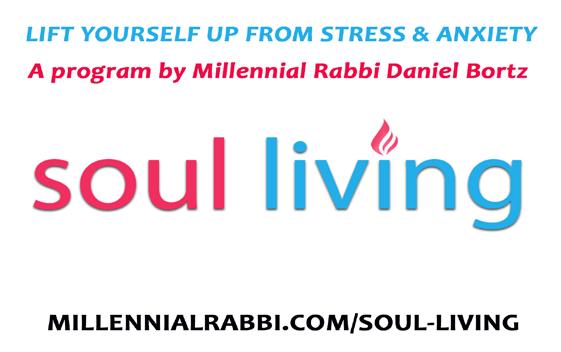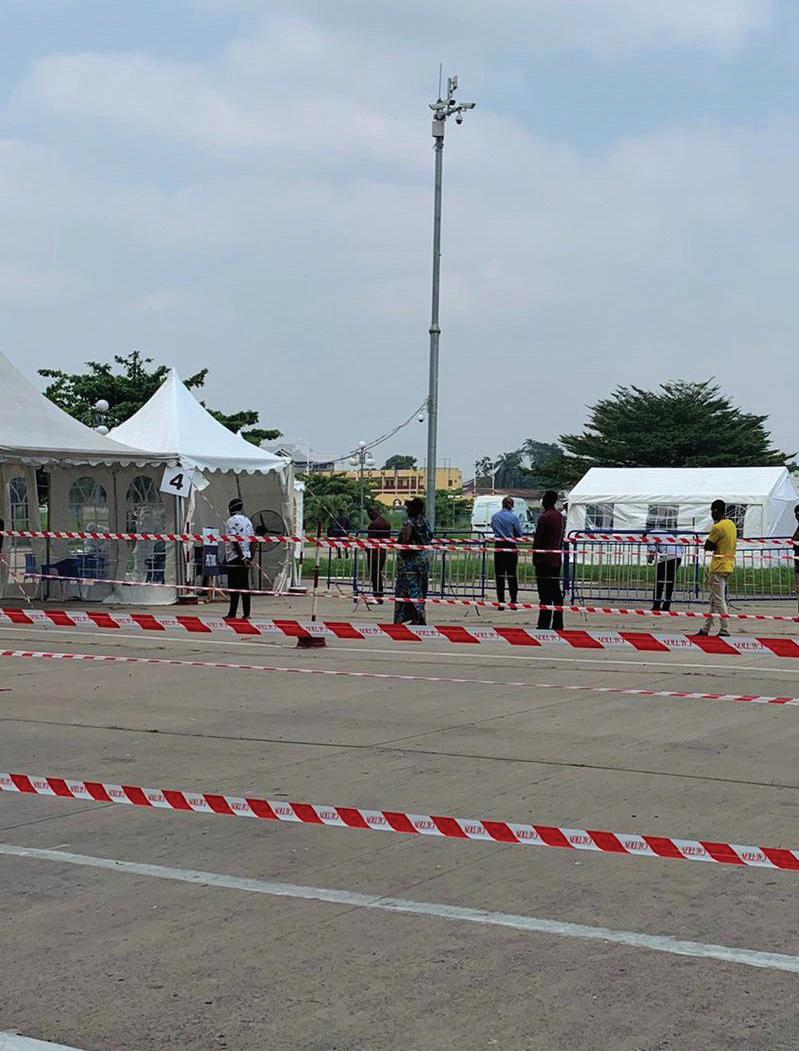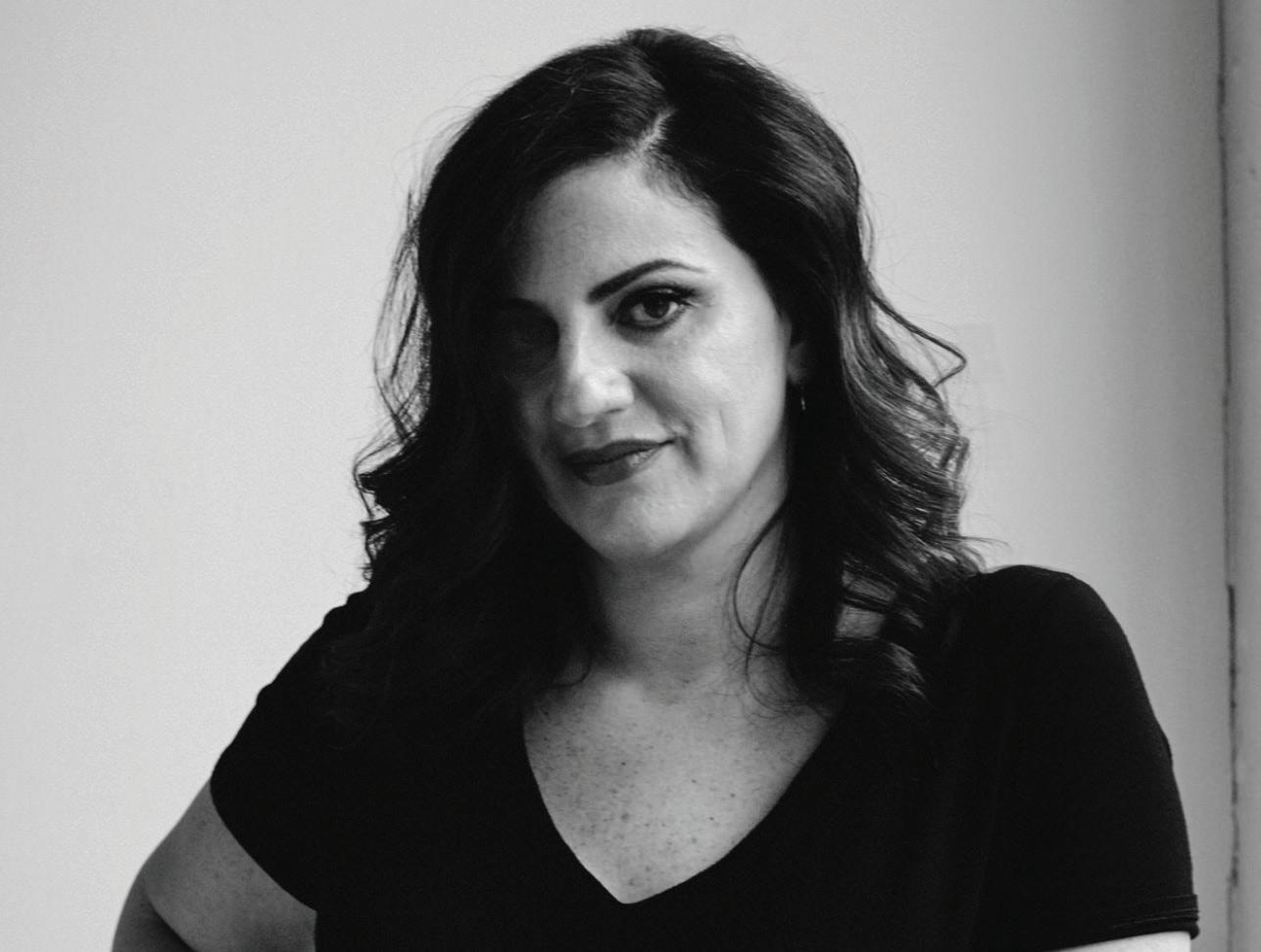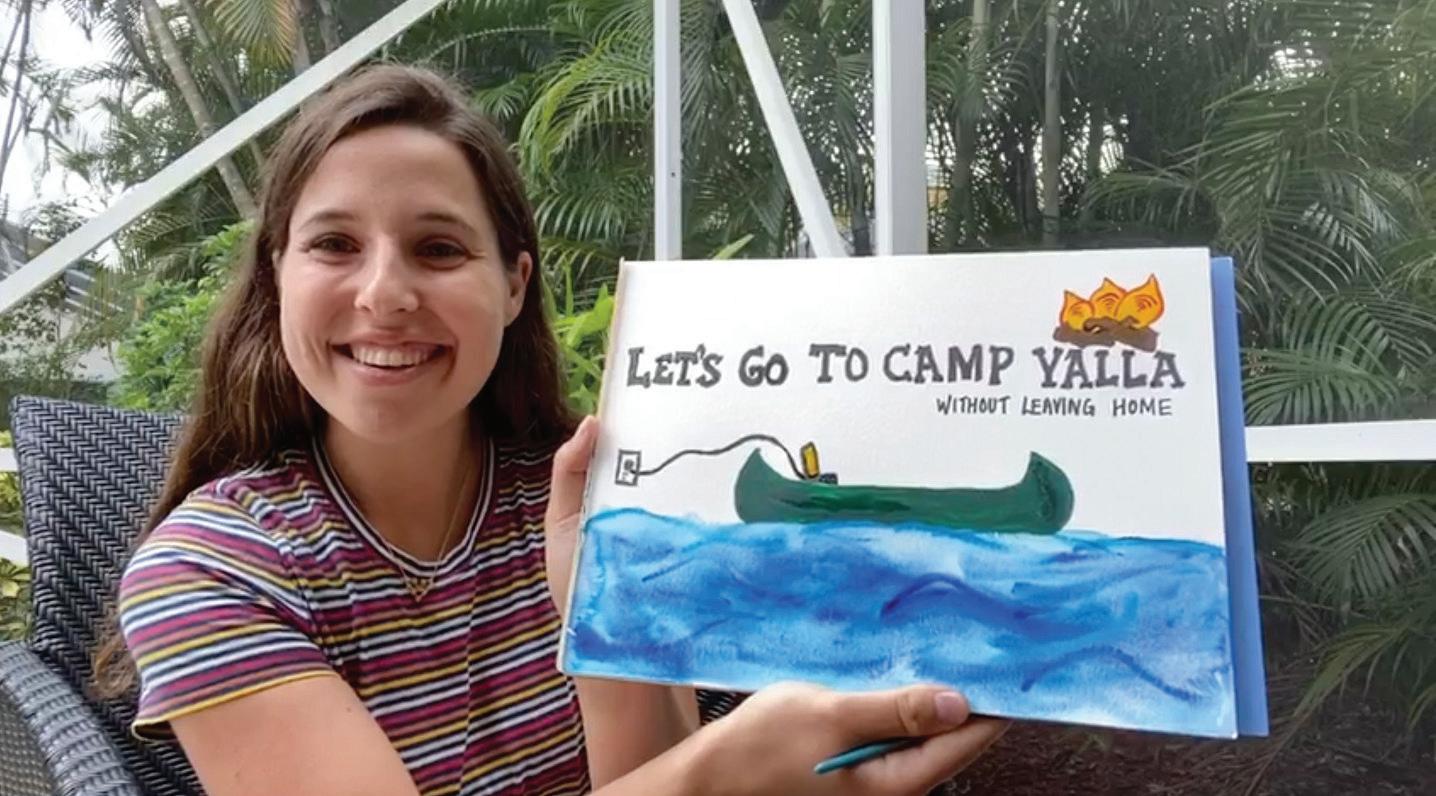
9 minute read
COVER STORY
ISRAEL ON CAMPUS
Murray Galinson San Diego-Israel Initiative brings Israeli studies to local students
Advertisement
Modern Israel has many dimensions. Yet, often the discourse focuses on its challenges, and specifically the challenges of Israel and Palestine. This is especially true on our university campuses. But how many students actually learn about Israel in the university classroom? According to a 2006 Brandeis University study, 75 percent of major universities in the U.S. offered zero or one course on Israel. In 2010, that same study documented a 69 percent growth of Israel-focused courses in those same schools. Today, there are 29 Israel Centers, chairs, or programs on U.S. college campuses.
The growth in Israel studies courses on American college campuses is encouraging. Until recently, unlike major university cities such as Los Angeles, Ann Arbor, Boston and New York, San Diego had little formalized Israel Studies programming on its university campuses. As a result, the Murray Galinson San Diego-Israel Initiative (MGSDII) was created to fill the void. Named in memory of San Diego leader and philanthropist Murray Galinson, who held senior university leadership positions, the MGSDII’s mission is to strategically promote and support education and engagement on Israel through scholarship, collaboration and innovation.
Formed in fall 2016, the MGSDII provides a wide spectrum of opportunities to connect San Diego to the State of Israel and is supported by a growing consortium of funders. Since its inception, it has brought over 25 visiting scholars and artists to teach classes about Israel at San Diego universities, has sponsored over 60 events featuring Israeli thoughtleaders, and has reached over 6,400 students and faculty, along with thousands more community members. Participating San Diego campuses include UC San Diego (UCSD), San Diego State University (SDSU), CSU San Marcos (CSUSM), University of San Diego (USD) and California Western School of Law.
“Taking the History of the Middle East course turned out to be one of the best decisions I made throughout my education,” said Maria Voss, a SDSU student studying International Relations. “The course, taught by Dr. Levin-Banchik, a MGSDII visiting professor from Israel, not only increased my knowledge of the history of the region, but also changed the way I thought about human identity and conflict resolution in a broader context.”
Creating diverse access points to Israel gives students the opportunity and agency to develop more accurate pictures of Israel beyond “the conflict” that saturates much of our lexicon.
In 2018, the MGSDII funded professor Ronit WeissBerkowitz, a well-known Israeli screenwriter, to teach at SDSU. Through her personal story and writings, some of her students learned the commonality they shared as immigrants and first-generation college students, when Weiss-Berkowitz shared her own story of her mother’s arrival in Israel after surviving the Auschwitz concentration camp. One of her students wrote to her, “I am the first one to complete college in my family and venturing through it alone was a difficult process made easier with your help. I learned so much about Israel. Thank you for caring about the stories we want to tell.”
A student at UCSD, writing about her Urban Sociology course, taught by MGSDII visiting professor Marik Shtern, said, “We compared and contrasted Israel’s urban areas and their effect on human interactions with those of cities in the U.S. It was particularly fascinating to learn about Jerusalem and its populations made up of ultra-religious Jews, secular Jews and Palestinians. I never understood the complexities of the situation before I took his class.”
Classroom and immersion experiences are safe spaces for questions and to challenge assumptions. Those wishing to think beyond slogans and sound bites are generally the primary target audience. Students are encouraged to make up their own minds, based on informed views.
“Investing in Israel Studies is an important way to affect knowledge and attitudes concerning Israel,” said MGSDII Director Susan Lapidus. “By creating serious, educated, and balanced discourse, and by not shying away from Israel’s challenges and achievements, Israel Studies has a significant potential to impact and expose students to the country’s many nuances and break down preconceived notions.”
DEVELOPING A NEW MODEL FOR ISRAEL STUDIES
To develop the strategy for delivering their mission, the MGSDII looked at the most common models across the country. These models were sharply focused on viewing Israel through a single discipline, and often only one discipline per university. Instead, the MGSDII focused on making connections to a wide range of influencers, professors, and artists existing in the many spheres of Israeli society. This allowed the MGSDII to be uniquely positioned to make deep, multi-faceted education accessible to as many San Diego students and faculty as possible. Through education, students could dive into Israeli’s complexities through the diverse narratives and perspectives of their visiting professors from Israel.
“How we view Israel Studies is by treating Israel like any other country,” said Lapidus. “Our visiting professors teach courses on varied topics such as Israeli history, politics, society, culture, film, environmental science, and more.”
This multi-faceted, multi-campus model is the first in the country, as the organization is independent of one university, enabling them to work with all four universities across San Diego County, within different departments and disciplines. This “intentional diversity” breeds a fuller picture and a broader exposure to students of diverse backgrounds.
INNOVATION THROUGH ARTS AND CULTURE
In addition to their innovations in curriculum, the MGSDII has promoted collaborative programming in art and culture. An example of this is their emerging filmmaker residencies. This exciting program involves partnerships with student-led film festivals. Through partnerships with the Tel Aviv International Student Film Festival and the Jerusalem Film Workshop, the MGSDII holds competitions for three emerging Israeli filmmakers to have a residency in San Diego and for three San Diegans to go to Jerusalem to make films. Through numerous classroom visits and screenings, 4,000 students in San Diego were exposed to these young Israeli filmmakers. Israeli filmmakers who have taught in San Diego include luminaries like Fauda’s Moshe Zonder and In Treatment’s Nir Bergman.
“Film has the ability to cross cultural divides, which naturally creates dialogue and connections,” said MGSDII Program Manager Mitchell Price. “Our first filmmaker residency brought together a queer Israeli from Tel Aviv with a heterosexual Palestinian from Nazareth. Using their films, the two filmmakers shared the complexities and beauty of Israel, while providing new faces to a country San Diego students would otherwise know little about.”
“Our faculty and students interact and engage meaningfully with stellar Israeli scholars from a broad range of disciplines, including sustainability, media and film, and conflict and border studies.” Said Dr. Adela de la Torre, SDSU President. “This is becoming a point of pride for the community. We look forward to deepening our relationship and creating the connections with more students and faculty in the future.”
CREATING LASTING PARTNERSHIPS
The MGSDII is also crafting new and innovative programs between San Diego and Israeli universities, including the creation of simultaneous courses that result in professorled academic visits to both countries. These partnerships provide students the opportunity to build lasting relationships with their peers. To date, the MGSDII has helped pioneer and fund four important collaborations between San Diego and Israeli universities: • UCSD and University of Haifa: Marine Archaeology and Climate Change • UCSD and University of Haifa: Social Isolation Among Seniors During the COVID-19 Pandemic • SDSU and Technion-Israel Institute of Technology: Aerospace Engineering • USD and Azrieli College: Water Innovation and Sustainability
The USD-Azrieli College collaboration began in 2017 when several USD professors traveled to the Azrieli College of Engineering in Jerusalem to begin discussing collaborations between the two universities. This was the first time many of them had been to Israel. The trip resulted in a new course, “Water in California and Israel: Challenges and Solutions.” Students learn first-hand the similarities and differences between California and Israel policy and technology in water sustainability and innovation. “We have a lot to learn from Israel, a desert climate, that nonetheless has achieved one hundred percent water resiliency,” said Professor Frank Jacobitz. Over the past two years, entire classes travelled to Israel to meet their counterparts, learn together, and visit the best examples of Israel’s engineering mastery, such as the Hadera Desalination Plant.
“Going to Israel gave me the opportunity to open my mind not only to new academic endeavors, but also to new experiences within a culture that I knew very little about,” said Sabrina Smith, a student participant of the program. “Because of my time in Israel, I have broadened my knowledge on how to contribute to a sustainable future through water technology.”
To date, 61 local students have traveled to Israel and 40 Israelis have been to San Diego as part of these collaborations. The Initiative is an accelerator and amplifier for making these connections.
ADAPTING TO A NEW REALITY – UNTIL STUDENTS RETURN TO CAMPUS
The MGSDII recently announced the funding of a multi-site, innovative collaboration between world-renowned researchers at the University of Haifa (UoH), Israel and UCSD. This study is a first of its kind and is poised to have a significant impact on the lives of older adults in the USA, Israel and beyond. It is also part of a broader commitment to promote and advance a long-term academic partnership between students, professors, and researchers at UCSD and UoH.
This collaboration will adapt pioneering work on the effects of loneliness from the Center for Healthy Aging at UCSD. Specifically, it will address the worldwide issue of social isolation among seniors during the COVID-19 pandemic. It also includes a visiting teaching scholar from the UoH Department of Gerontology and the Center for Research and Study of Aging Israel to conduct research and teach at UCSD. Students will be able to take classes with the visiting professor, participate in conferences, and learn from the brightest of Israel.
While some university campuses have moved to online instruction, the MGSDII continues to build lasting partnerships and form relationships between Israel and San Diego. The Initiative is providing innovative opportunities for students, faculty, and the community to engage with Israeli thoughtleaders, luminaries, and artists online.
“We’ve had to pivot some, due to the COVID-19 crisis, but we have an exciting year ahead for 2020-2021”, said Lapidus. “We plan on funding six visiting professors, including Ori Elon, the creator and writer of Shtisel, at SDSU and Yuval Gadot, who directs archeology in Jerusalem at the City of David, what he calls the ‘acropolis of Israel,’ at UCSD.”
The MGSDII also hopes to continue their student academic trips to Israel, adding new disciplines such as journalism and social work.
INTERESTED IN THE WORK OF THE MGSDII? CONSIDER JOINING THE INITIATIVE BY ATTENDING VIRTUAL EVENTS, LEARNING MORE ABOUT ITS PROGRAMMING, AND SUPPORTING THE VITAL WORK IT OFFERS STUDENTS BY VISITING WWW.MGSDII.ORG.
Permanent Hair Removal • Electrolysis • Fabulous Relaxing Facials • Microbrasion

Lynn Connolly, R.E.

16766 Bernardo Center Dr., Ste. 209a San Diego 92128
858-337-8776
www.skincarebyLynn.com


Complimentary Consultation 10 Minute FREE Electrolysis Treatment


WE’RE HIRING Fill your pockets with GREEN! While helping the community get their word out.
WANTED:
SALES EXECUTIVES Email dianeb@lchaimmagazine.com with your resume and ideas.









